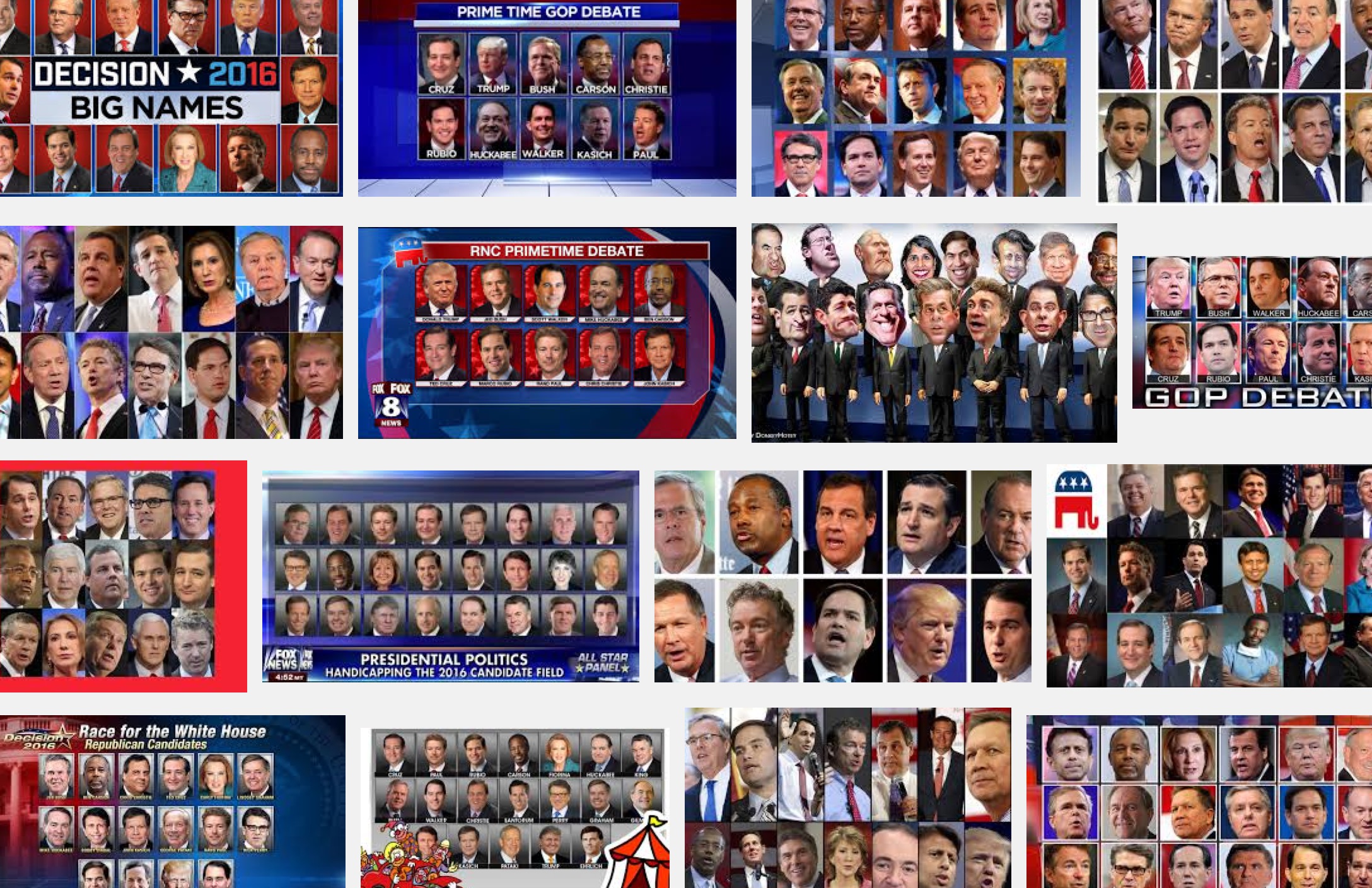
The Founders of the United States had an inkling that federated democracy could not belong to all the people — hence they inserted the Electoral College. Yet they tried hard to design a system that improved upon the unjust, corruptness of hereditary power. But while they understood the dangers of autocratic British monarchy, they utterly failed to understand the role of corporations and vast sums of money in delivering much the same experience a couple of centuries later.
Ironically enough, all of Europe’s monarchies have given way to parliamentary democracies which are less likely to be ruled or controlled through financial puppeteering. In the United States, on the other hand, the once shining beacon of democracy is firmly in the grip of corporations, political action committees (PAC) and a handful of oligarchs awash in money, and lots of it. They control the discourse. They filter the news. They vet and anoint candidates; and destroy their foes. They shape and make policy. They lobby and “pay” lawmakers. They buy and aggregate votes. They now define and run the system.
But, of course, our corporations and billionaires are not hereditary aristocrats — they’re ordinary people with our interests at heart — according to the U.S. Supreme Court. So, all must be perfect and good, especially for those who subscribe to the constructionist view of the US Constitution.
From the Guardian:
To watch American politics today is to watch money speaking. The 2016 US elections will almost certainly be the most expensive in recent history, with total campaign expenditure exceeding the estimated $7bn (£4.6bn) splurged on the 2012 presidential and congressional contests. Donald Trump is at once the personification of this and the exception that proves the rule because – as he keeps trumpeting – at least it’s his own money. Everyone else depends on other people’s, most of it now channelled through outside groups such as “Super PACs” – political action committees – which are allowed to raise unlimited amounts from individuals and corporations.
The sums involved dwarf those in any other mature democracy. Already, during the first half of 2015, $400m has been raised, although the elections are not till next autumn. Spending on television advertising is currently projected to reach $4.4bn over the whole campaign. For comparison, all candidates and parties in Britain’s 2010 election spent less than £46m. In Canada’s recent general election the law allowed parties to lay out a maximum of about C$25m (£12.5m) for the first 37 days of an election campaign, plus an extra C$685,185 (to be precise) for each subsequent day.
Rejecting a challenge to such campaign finance regulation back in 2004, the Canadian supreme court argued that “individuals should have an equal opportunity to participate in the electoral process”, and that “wealth is the main obstacle to equal participation”. “Where those having access to the most resources monopolise the election discourse,” it explained, “their opponents will be deprived of a reasonable opportunity to speak and be heard.”
The US supreme court has taken a very different view. In its 2010 Citizens United judgment it said, in effect, that money has a right to speak. Specifically, it affirmed that a “prohibition on corporate independent expenditures is … a ban on speech”. As the legal scholar Robert Post writes, in a persuasive demolition of the court’s reasoning, “this passage flatly equates the first amendment rights of ordinary commercial corporations with those of natural persons”. (Or, as the former presidential candidate Mitt Romney put it in response to a heckler: “Corporations are people, my friend,”)
In a book entitled Citizens Divided, Post demonstrates how the Citizens United judgment misunderstands the spirit and deeper purpose of the first amendment: for people to be best equipped to govern themselves they need not just the freedom of political speech, but also the “representative integrity” of the electoral process.
Of course, an outsize role for money in US politics is nothing new. Henry George, one of the most popular political economists of his day, wrote in 1883 that “popular government must be a sham and a fraud” so long as “elections are to be gained by the use of money, and cannot be gained without it”. Whether today’s elections are so easily to be gained by the use of money is doubtful, when so much of it is sloshing about behind so many candidates, but does anyone doubt the “cannot be gained without it”?
Money may have been shaping US politics for some time, but what is new is the scale and unconstrained character of the spending, since the 2010 Citizens United decision and the Super PACs that it (and a subsequent case in a lower court) enabled. Figures from the Center for Responsive Politics show outside spending in presidential campaign years rising significantly in 2004 and 2008 but then nearly trebling in 2012 – and, current trends suggest, we ain’t seen nothing yet.
The American political historian Doris Kearns Godwin argues that the proliferation of Republican presidential candidates, so many that they won’t even fit on the stage for one television debate, is at least partly a result of the ease with which wealthy individuals and businesses can take a punt on their own man – or Carly Fiorina. A New York Times analysis found that around 130 families and their businesses accounted for more than half the money raised by Republican candidates and their Super PACs up to the middle of this year. (Things aren’t much better on the Democrat side.) And Godwin urges her fellow citizens to “fight for an amendment to undo Citizens United”.
The Harvard law professor and internet guru Larry Lessig has gone a step further, himself standing for president on the single issue of cleaning up US politics, with a draft citizen equality act covering voter registration, gerrymandering, changing the voting system and reforming campaign finance. That modest goal achieved, he will resign and hand over the reins to his vice-president. Earlier this year he said he would proceed if he managed to crowdfund more than $1m, which he has done. Not peanuts for you or me, but Jeb Bush’s Super PAC, Right to Rise, is planning to spend $37m on television ads before the end of February next year. So one of the problems of the campaign for campaign finance reform is … how to finance its campaign.
Read the entire story here.
Image courtesy of Google Search.



 The United Kingdom government has just published its updated 180-page handbook for new residents. So, those seeking to become subjects of Her Majesty will need to brush up on more that Admiral Nelson, Churchill, Spitfires, Chaucer and the Black Death. Now, if you are one of the approximately 150,000 new residents each year, you may well have to learn about Morecambe and Wise, Roald Dahl, and Monty Python. Nudge-nudge, wink-wink!
The United Kingdom government has just published its updated 180-page handbook for new residents. So, those seeking to become subjects of Her Majesty will need to brush up on more that Admiral Nelson, Churchill, Spitfires, Chaucer and the Black Death. Now, if you are one of the approximately 150,000 new residents each year, you may well have to learn about Morecambe and Wise, Roald Dahl, and Monty Python. Nudge-nudge, wink-wink!